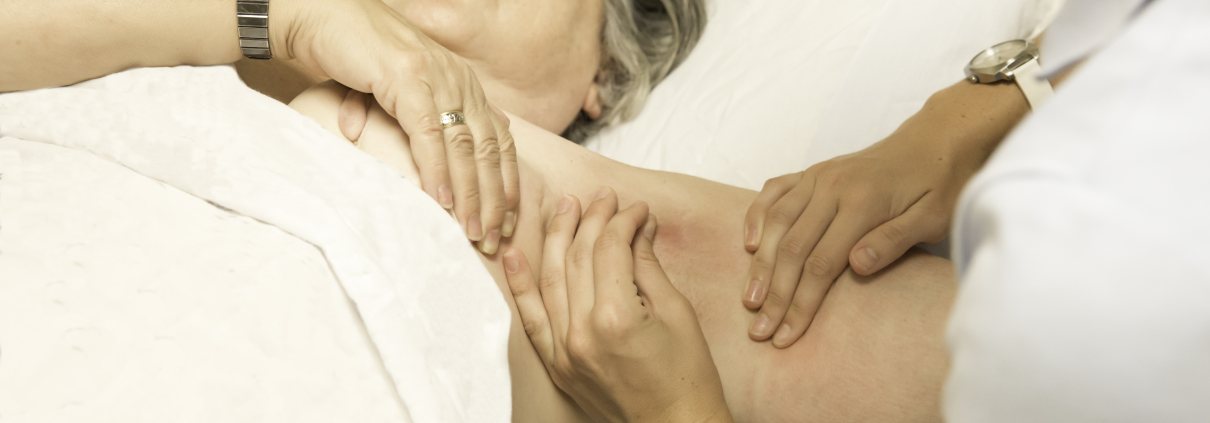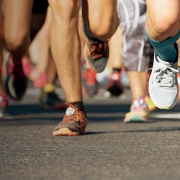Arm Lymphedema: Symptoms and Treatment
Our blood gets all the publicity, but lymph is also a key fluid in our body. The lymphatic system is essentially the garbage-removal service of the body, as the lymph fluid picks up and delivers germs and waste from the body and prepares it for disposal. The lymphatic system is a central part of the immune system.
When there is damage to a lymph node or a blockage in the lymphatic system, lymph can build up and cause swelling in the area. This is called lymphedema, and it tends to occur in an arm or a leg.
Let’s talk about some of the main symptoms of lymphedema in the arm, how it can be treated, and where you can go here in Kansas City for efficient and effective treatment that reduces your swelling and gets you back to feeling great again.
Symptoms of Arm Lymphedema
Lymphedema in an arm is characterized by several common signs, including the following:
- Swelling in the arm and fingers
- A feeling of heaviness of the arm
- A tight feeling around the arm
- Hard and/or thick-feeling skin
- Limited range of motion
- Persistent infections in the arm area
Causes of Lymphedema
There are two types of lymphedema: Primary lymphedema is hereditary, and secondary lymphedema develops when a part of your lymphatic system sustains damage. Secondary is much more common than primary, because it can occur due to everything from cancer treatment to blunt-force injury imparting damage to a lymph node.
Primary lymphedema can be brought about by various conditions, including:
- Milroy’s disease
- Meige’s disease
Secondary lymphedema is most often caused by:
- Surgery (errant damage to a lymph node or other part of the lymphatic system during an operation)
- Radiation treatment
- Cancer
- Infection
- Injury
Treatment for Arm Lymphedema
Decongestive therapy and lifestyle changes can work wonders for mild cases of arm lymphedema:
Exercise
Gentle exercises and stretches can stimulate your lymphatic system to drain fluids in your arms, thereby reducing swelling. Be careful not to strain yourself when doing exercises, as this can worsen the condition.
Dietary Changes
It helps to consume a good amount of fruits and vegetables every day to help reduce the swelling in your arm, as an unhealthy diet can worsen your lymphedema. Be sure to choose fruits and vegetables you enjoy so that you are more apt to stick with the new eating pattern.
Compression Garments
Wearing compression clothing can help to stimulate lymphatic drainage in your arms. Ask for your doctor’s recommendations on the best compression garments for you.
Massage
A physical therapist who understands lymphedema can perform certain massage techniques to encourage your lymph fluid to move out of your arms. This treatment can be especially beneficial for patients with cancer, but avoid lymphatic massage if your lymphedema is due to an infection.
Surgery
If your lymphedema is becoming more advanced, then your doctor may advise you to undergo surgery. Various surgical procedures can rewire your lymphatic system to restore its proper function.
Lymphatic Medicine in Kansas City and Marshall, MO
If you have swelling in one or both arms or legs, it is in your best interest to consult with a lymphatic specialist for an evaluation and treatment – whether the cause is lymphedema or something else. Here at Missouri Vein Specialists, we help our patients keep their circulatory system and lymphatic system in excellent shape for optimum health.
If you have any questions or would like to make an appointment with Dr. Scott Darling, call our office today at (816) 792-3400 or fill out our online contact form. We look forward to relieving your arm of pain and swelling, and getting you back to the lifestyle you enjoy!









